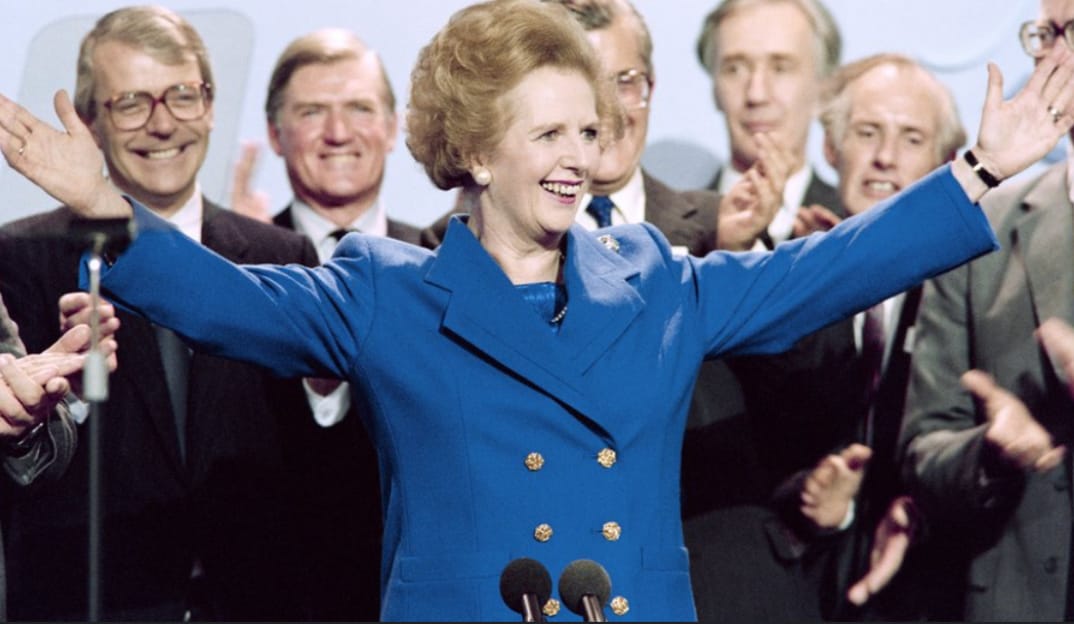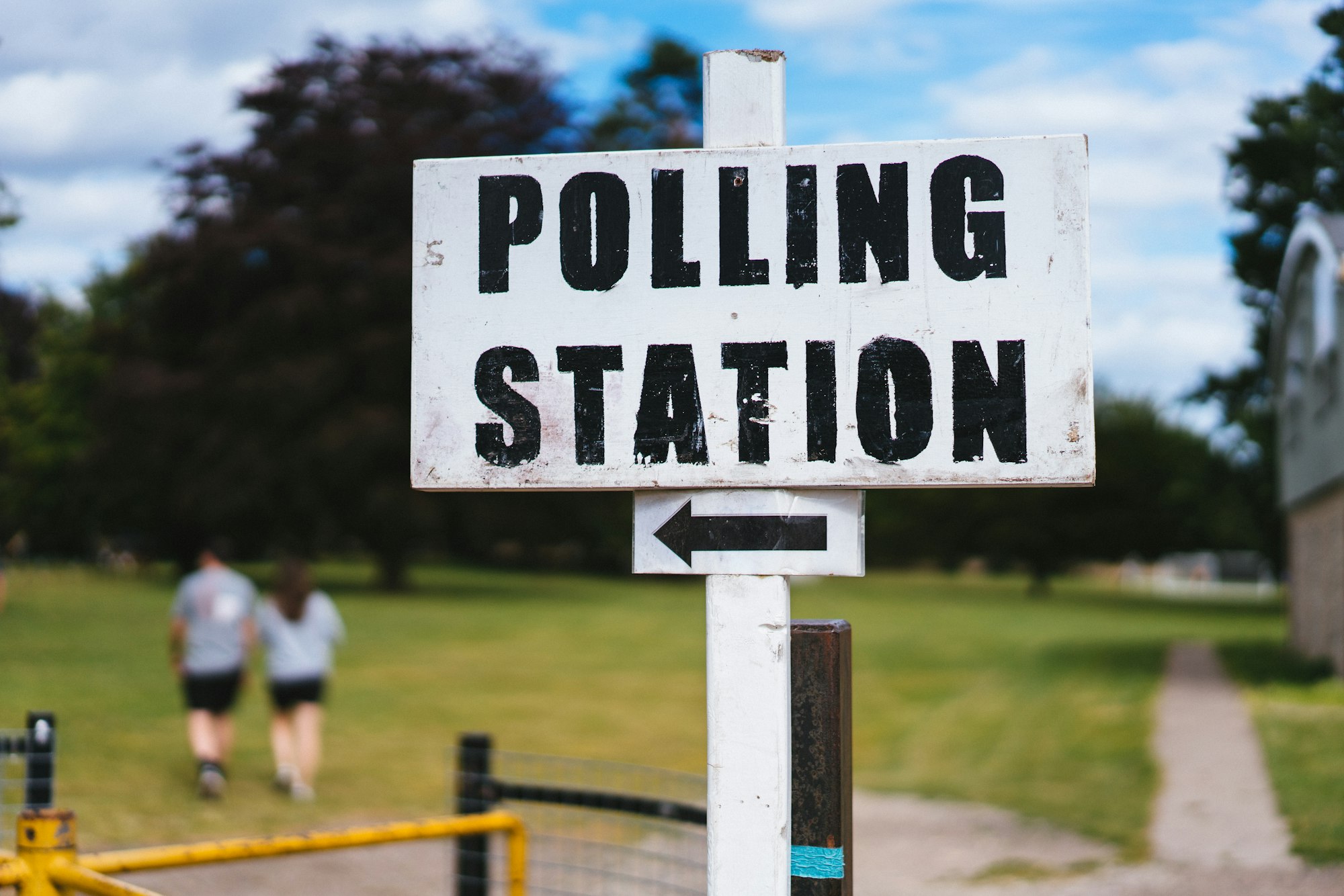An Honest Review of Iain Dale’s ‘Margaret Thatcher’ Biography
A sharp, thoughtful look at Thatcher’s legacy—respectful of Dale’s intentions, but unafraid to challenge the blind spots in his political nostalgia

Margaret Thatcher: a name that can ignite a nostalgic feeling for British politics, but also turn a conversation sour…
Nearly half a century since she took office and 35 years since she stood down as Prime Minister, Iain Dale has sought to add some clarity surrounding her name, and recapture some of the narrative that revisionism has dictated.
The book also serves as a digestible shop window for people who may never have heard about the “Iron Lady”, or people who may not be aware of her achievements and failures. Dale‘s inspiration was sparked during a conversation with his personal trainer, who didn’t really know who she was; the LBC presenter saw this as a telling sign of generational distance.
Watch Iain Dale’s interview on PoliticsJOE
Where the Book Excels!
One of the strengths of Dale’s book lies in the way he handles Thatcher’s international relationships. His exploration of her rapport with both Ronald Reagan and Mikhail Gorbachev is not only readable but surprisingly balanced. He manages to capture how Thatcher positioned herself between the two global giants during the Cold War, serving as both a staunch ally and, at times, a pragmatist who challenged their views. This section of the book reveals the complexity of her diplomacy, not just her ideology. Dale avoids slipping into glorification and instead gives Thatcher credit where it’s due, without pretending she single-handedly shaped world affairs.
His treatment of her European policy is also a highlight. Rather than painting her solely as the torchbearer of Euroscepticism, Dale traces the evolution of her position—from early cooperation and belief in the economic benefits of the European project to her later resistance to political integration. It’s clear that her relationship with Europe was more nuanced than many assume, and Dale takes the time to reflect that. For anyone looking to understand how Thatcher’s views helped lay the groundwork for later Conservative divisions over Europe, this is one of the book’s most valuable sections.
Equally fair is his analysis of her economic record. Dale doesn’t shy away from the disruptive impact of her neoliberal policies. He acknowledges the volatility, the social tensions, and the political costs that came with deregulation, privatisation and market liberalisation. While he clearly supports the general direction of her economic agenda, he also gives space to some of its negative consequences, showing that the economic transformation of Britain was neither simple nor bloodless.
An Honest Critique
However, that tone is less consistent when Dale turns to her approach to organised labour. His framing here leans heavily on the Thatcherite myth that the trade unions had become a violent and oppressive force. He repeats the claim that they held the government to ransom, echoing language more familiar in political attack lines than in sober historical analysis. While he does mention the oil crisis and some of Edward Heath’s failures in the early seventies, he doesn’t tie these factors together to explain the context in which union power grew.
Another area where the Tory skew shines through is when Dale discusses the Right to Buy policy. He treats it as a landmark success, mainly because it gave working-class people the chance to own their own homes. While that may be true in part, Dale gives little attention to the long-term consequences of the policy. At the height of Right to Buy, unemployment had reached 11.9%; so a large portion of society could not take advantage of this scheme. Adding to this, rent across the UK has since increased by 55% percent relative to income by 1991.
Within just a few years, 18 percent of homes sold under the scheme had ended up in the hands of private landlords. Therefore, Dale also fails to discuss how the policy contributed to a severe shortage in social housing and played a significant role in the housing crisis we are facing today.
Overall….
Dale’s book is perfect for someone who wants to understand Thatcher at a primitive level, or for someone who wishes to study her from the conservative, traditionalist school of thought, which was always his intention. Job well done!

Read another one of my articles here

